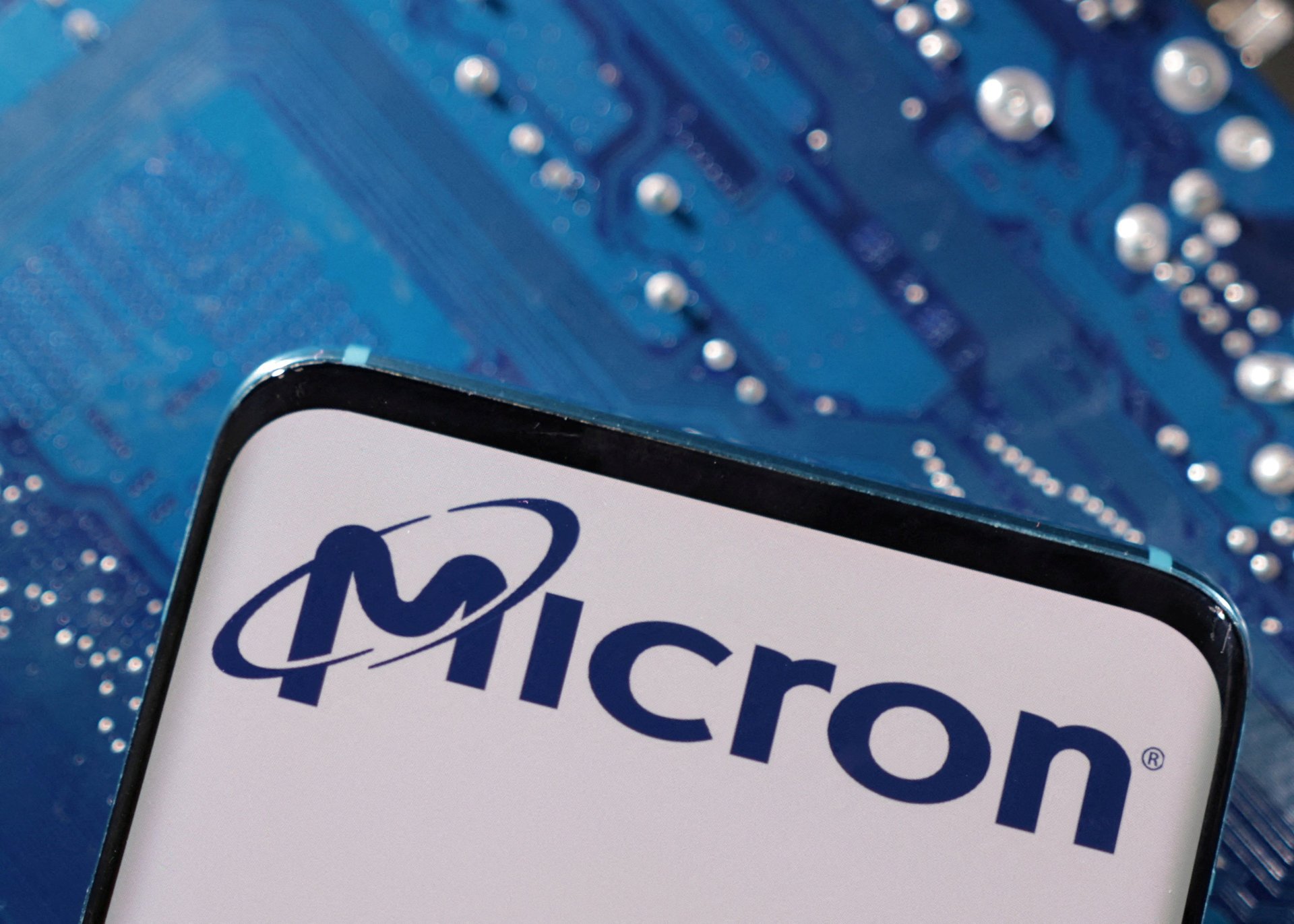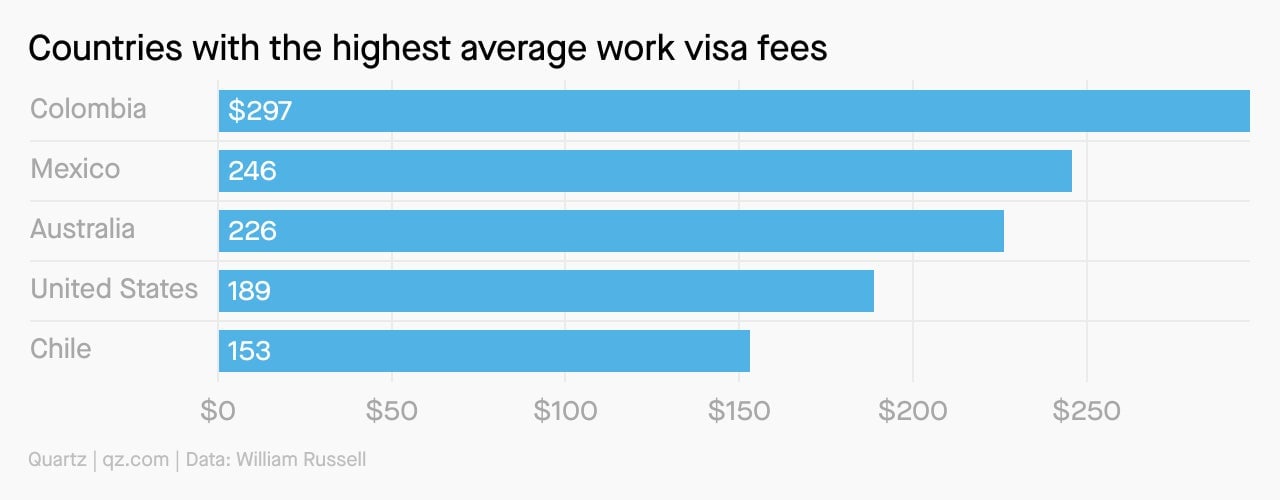🌏 A chip for a chip
Plus: Big Oil wants in on Big Shovel

Good morning, Quartz readers!
Here’s what you need to know
China’s Micron ban escalated tensions with the US. Beijing won’t allow the Idaho-based chipmaker to sell microchips in the country in a retaliatory move that comes months after the US blacklisted Huawei.
The UK has a teeny, tiny semiconductor plan. Prime minister Rishi Sunak’s £1 billion ($1.24 billion) investment pales in comparison to other strategies to homegrow chips around the globe.
Meta was hit with a record EU fine. The €1.2 billion ($1.3 billion) penalty over data privacy, which the Facebook parent company plans to appeal, is bigger than its past six fines combined.
Zoom is finding its way in a post-pandemic world. The software maker is raising its sales forecast for the year as the company bets on more businesses buying its tools.
Exxon wants to join Big Shovel
“Big Shovel”: A phrase used by Daniel Yergin, an energy and geopolitics expert, to describe the mining boom that will power the shift from a fuel-intensive energy system to a critical minerals-intensive one.
ExxonMobil is just one of several oil giants digging into this opportunity, particularly in the extraction of batteries’ best friend, lithium. It’s all in an attempt to cash in on a future of renewable energy. Read more about the investments Big Oil is making.
Where it costs the most to get a work visa
Before you consider leaving it all behind and becoming an expat in a new country, it pays to know just how much it will cost to work there (in addition to which countries are known for large income gains).

Looking for a cheaper work visa? See which countries have the lowest fees.
Disposable diapers can be used to make homes
300,000: Number of diapers that enter a landfill every 60 seconds
In Indonesia, 6 billion diapers are thrown away each year, but what if—you guessed it!—they could be shredded into a sand-like building material? Up to 8% of the sand used in concrete could be replaced with diapers when building a single-story home in Indonesia. Read more about the research.
Quartz most popular
😬 Uber suspended its DEI chief after she hosted events titled “Don’t Call Me Karen”
Surprising discoveries
It matters into which ear you whisper your sweet nothings. Our brains have an affinity for hearing pleasing voices from the left side.
The first wooden satellite could make its way to space as early as next year. Magnolia proved to be the best material to make the more sustainable orbiter.
A Londoner thrifted Qing Dynasty jars for $25. The antiques have since sold for $75,000.
Toronto’s Don River was declared dead in 1969. The environmentalists that held a funeral procession to mourn the loss might be surprised by its potential resurrection.
63% of Americans voted in the last presidential election. Would online voting systems have encouraged more citizens to partake? In the latest episode of the Quartz Obsession podcast, host Scott Nover and Quartz’s Shivank Taksali talk about why we’re unlikely to see widespread adoption anytime soon.
✅ Subscribe wherever you get your podcasts: Apple Podcasts | Spotify | Google | Stitcher | YouTube
Our best wishes for a productive day. Send any news, comments, Steel Magnolias, and antique jars to [email protected]. Reader support makes Quartz available to all—become a member. Today’s Daily Brief was brought to you by Morgan Haefner.